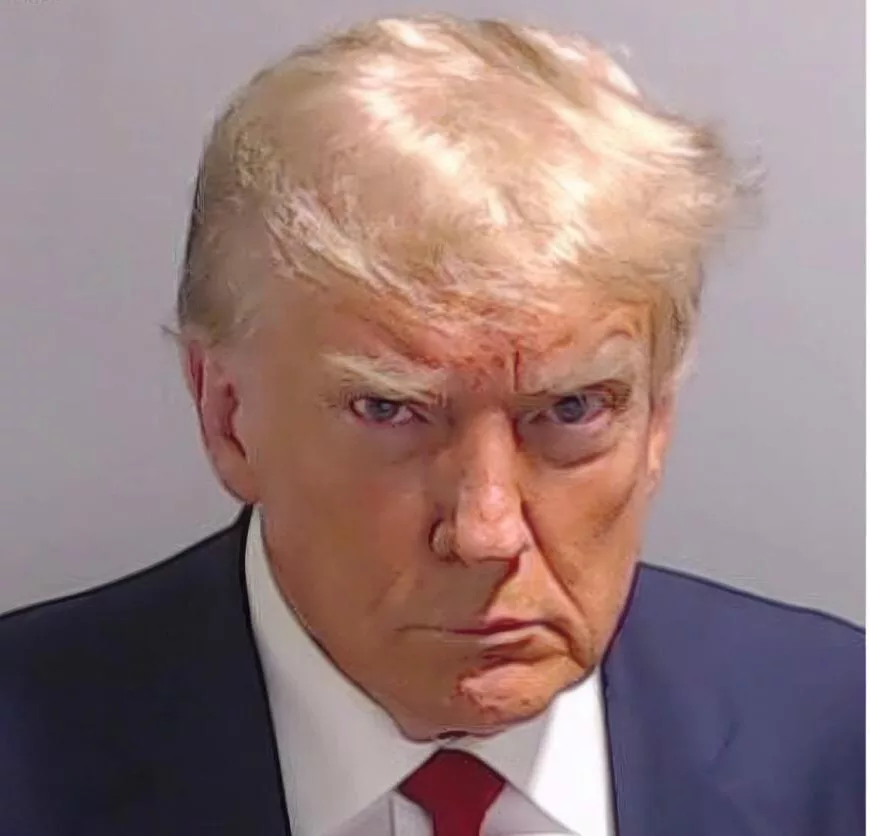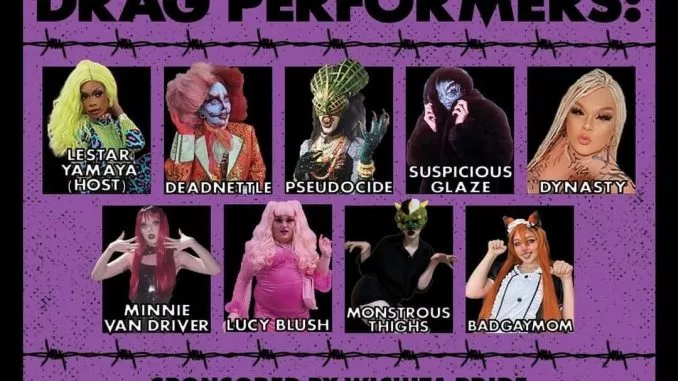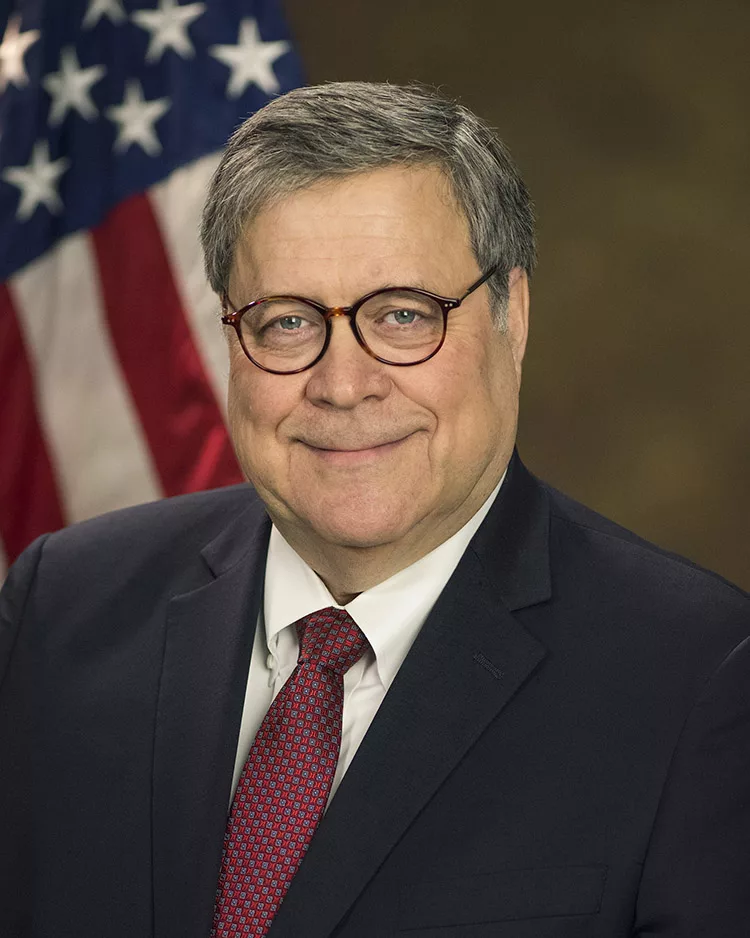The U.S. Supreme Court agreed Wednesday to hear former President Donald Trump’s claims that he is protected from prosecution by presidential immunity for his official acts while in office.
The nation’s highest court set oral arguments in the case during the week of April 22, according to a one-page order.
“Whether and if so to what extent does a former President enjoy presidential immunity from criminal prosecution for conduct alleged to involve official acts during his tenure in office,” according to the order. “Without expressing a view on the merits, this Court directs the Court of Appeals to continue withholding issuance of the mandate until the sending down of the judgment of this Court.”
Earlier this month, a federal appeals court dealt Trump’s defense a major blow when it said he doesn’t have presidential immunity to protect him from charges of election interference.
Special counsel Jack Smith’s team of federal prosecutors charged Trump with four federal counts related to contesting the 2020 election and the storming of the U.S. Capitol building on Jan. 6, 2021. The charges include conspiracy to obstruct an official proceeding, conspiracy to defraud the United States, obstruction, and conspiracy against the right to vote and to have one’s vote counted, according to the indictment. Trump has pleaded not guilty to all charges.
Trump’s legal team has argued that presidents could only be prosecuted if they had already been impeached and convicted by the Senate. Trump, impeached twice in the House, was never convicted in the Senate.
Trump posted on social media Wednesday that presidential immunity was needed.
“Legal Scholars are extremely thankful for the Supreme Court’s Decision today to take up Presidential Immunity,” he wrote on Truth Social. “Without Presidential Immunity, a President will not be able to properly function, or make decisions, in the best interest of the United States of America. Presidents will always be concerned, and even paralyzed, by the prospect of wrongful prosecution and retaliation after they leave office. This could actually lead to the extortion and blackmail of a President. The other side would say, ‘If you don’t do something, just the way we want it, we are going to go after you when you leave office, or perhaps even sooner.’ “

Brett Rowland- The Center Square
Brett Rowland is an award-winning journalist who has worked as an editor and reporter in newsrooms in Illinois and Wisconsin. He is an investigative reporter for The Center Square.




